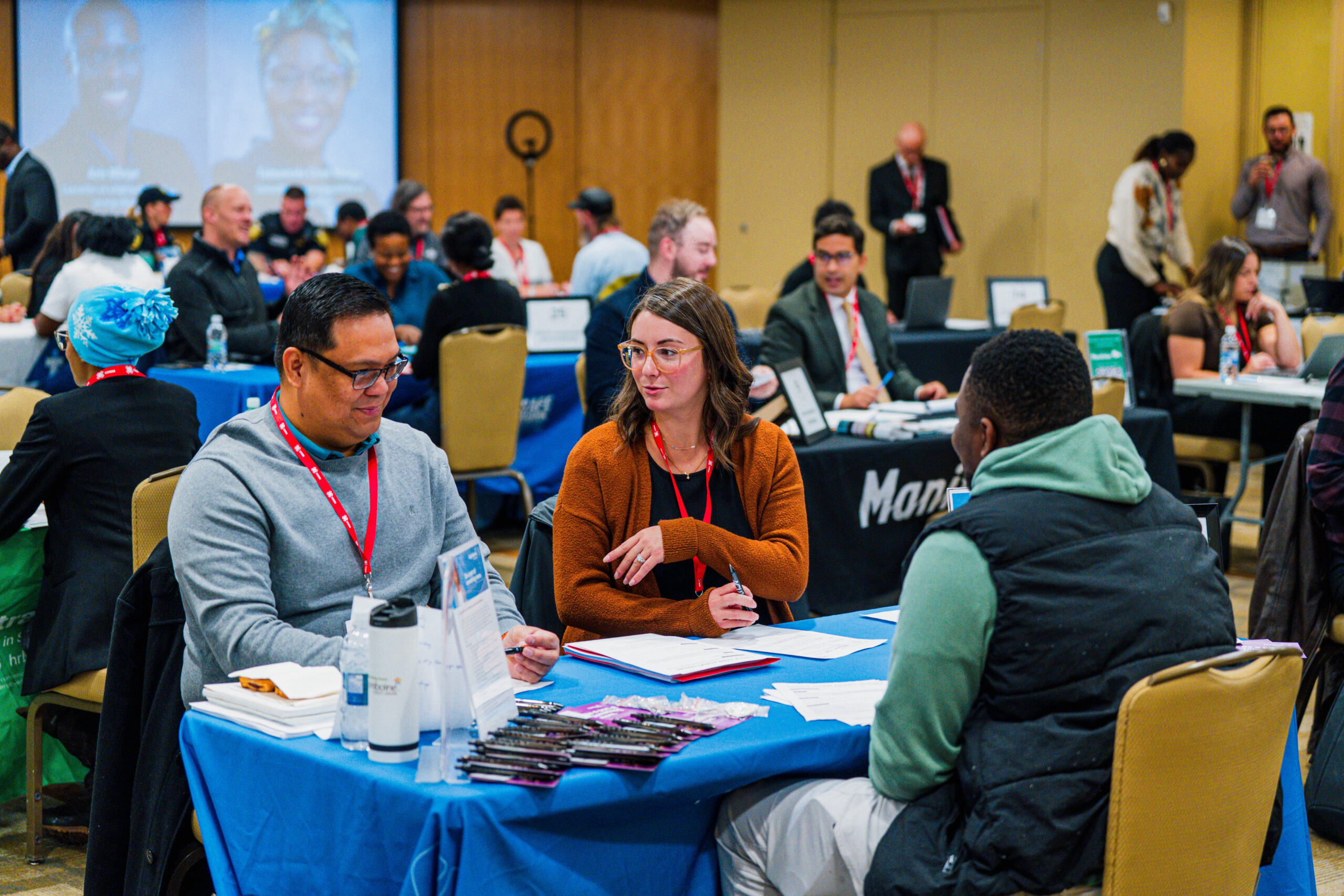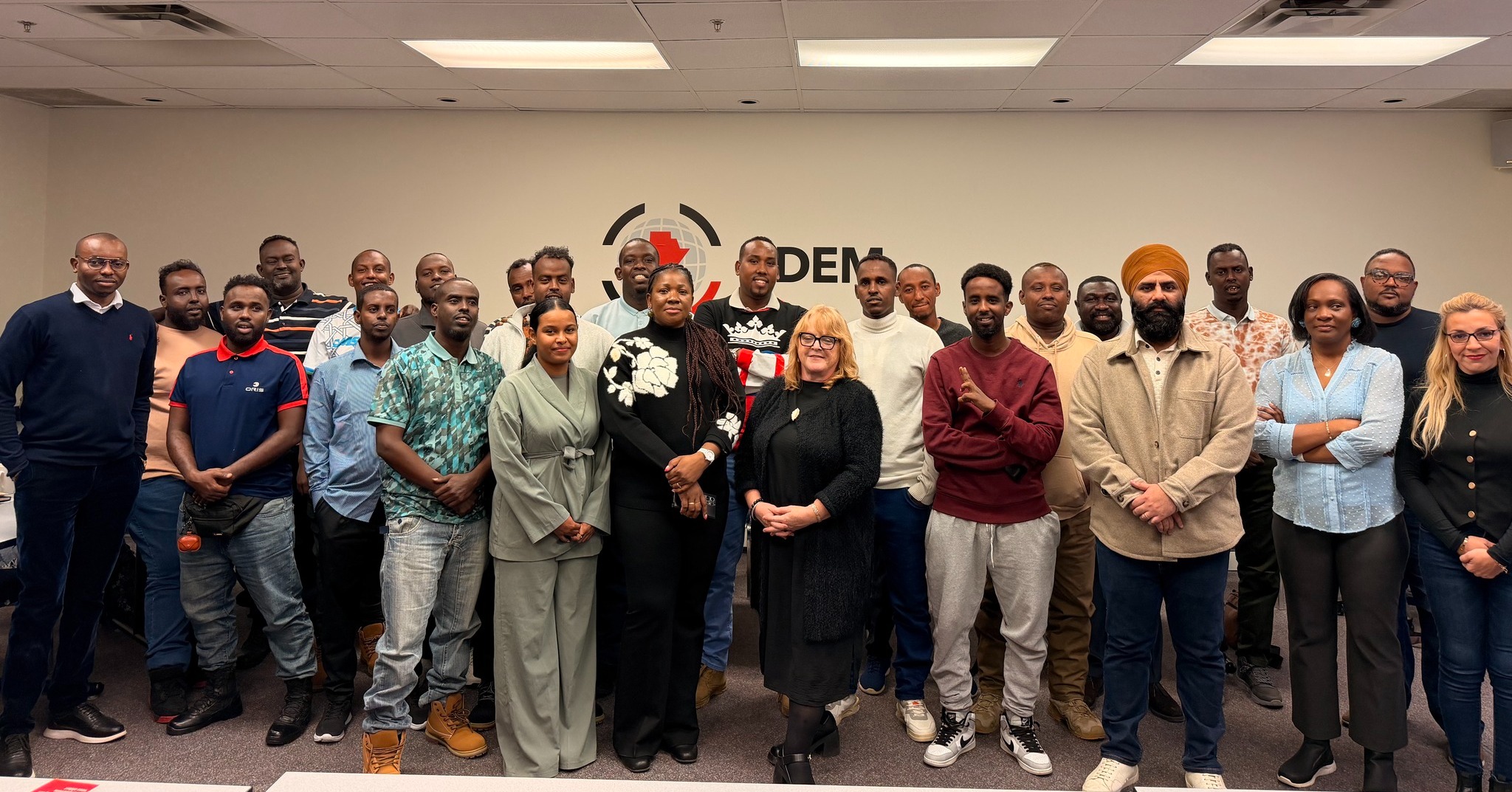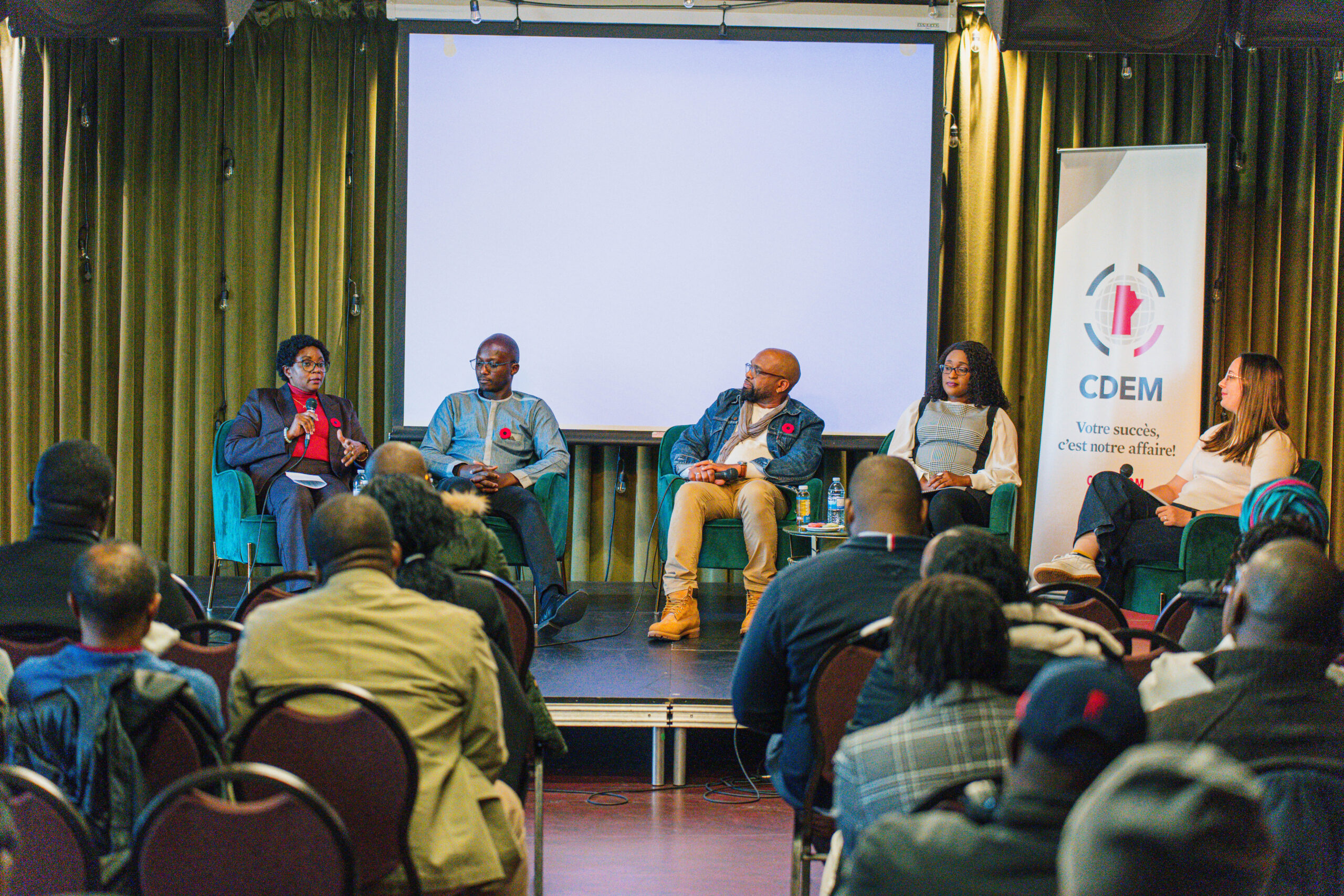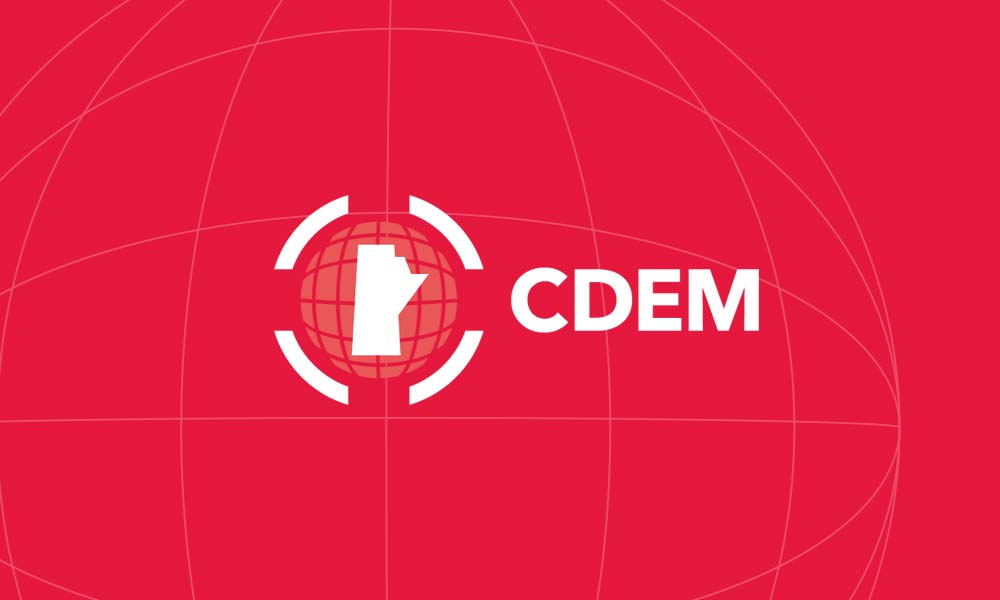Employability Tips
The job résumé
Your résumé is your primary job search tool, so you need to make sure it’s accurate and reflects who you are. Here are a few pointers for building a good résumé:
- Don’t copy someone else’s résumé. Yours should tell the recruiter who you are, so make one suited to your own personal situation.
- Avoid personal details like age, ethnicity, and gender, and don’t include your photo.
- Key words from the job posting should stand out in your résumé.
- Always write your résumé and cover letter in the language of the job posting unless otherwise stated.
- Limit your résumé to two pages as much as possible.
- Your résumé should only contain relevant information that highlights your strengths, so it should be clear and concise. Always have someone proofread your résumé so you can correct any spelling errors before submitting it. Your application can be rejected if your résumé is full of mistakes, even if you have the required skills!
- Be honest! There’s no point in having an impressive résumé that’s not true.
The job interview
Good preparation is the key to a good interview. Research the company and the position you’re applying for and learn as much as possible about its mission, products, and services. Here are other ways of preparing:
- Spend time reviewing your previous work experience; you need to know yourself well. Familiarize yourself with the most frequently asked questions but don’t prepare ready-made answers. Interviews will usually focus on your training, experience, achievements, qualities, and weaknesses.
- Project confidence during the interview. The employer is not looking for someone who’s perfect, but rather someone who’s comfortable in their own skin. Be confident, but not arrogant; serious, but not strict.
- Be punctual: arrive at least 10 minutes in advance. Find out where the interview will be held, how (and how long it takes) to get there using your mode of transportation, and whether parking is available, if you need it.
- Dress appropriately for the job. Not all employers will have the same requirements. A simple trick if you’re unsure of how to dress in your field is to go on site and observe people. Whatever the case may be, always dress conservatively.
- Stay upbeat during the interview. If you’re asked to talk about one of your weaknesses, end by explaining what you’re doing to improve yourself. If you’re inexperienced, for example, you could mention a course you’re taking or something similar. Avoid negative statements and criticism.
- Speak coherently, show interest, and keep your reactions in check. Answer concisely. Don’t jump from topic to topic or get lost in too many examples. Talk at a reasonable pace. Speak professionally and watch for verbal tics.
- Don’t be afraid to ask the recruiter questions about the job. Good questions show interest in the position.
The cover letter
The start of a great professional adventure often begins with a successful resumé. It highlights your accomplishments in a concise manner. But for the same CV, it is often the cover letter that makes it possible to stand out from other candidates. Some tips for a good cover letter:
- The letter should be addressed to the person indicated in the offer.
- Avoid sending just your CV and cover letter as email attachments without a message or subject. You need to hook the recruiter on all occasions.
- The cover letter should be fairly concise; avoid making a cover letter of several pages. Details are reserved for the interview. The rule is to make the cover letter fit on one page.
- It’s unthinkable to send a cover letter with spelling mistakes. Proofread yourself to avoid making a bad impression.
- Avoid copying and pasting. Your cover letter is personal. It should talk about you and nobody else. So don’t take another person’s letter.
- Don’t do unnecessary flattery. For example, qualify the company as a leader if this is the case, why not. But, if it isn’t, you will sound like a misinformed person. Rather, focus on one element that truly characterizes the company: its commercial successes, its culture, its values.
- You have to use direct language and get to the heart of the matter quickly. The catchphrase of your cover letter must be impactful: the first sentence is critical.
Latest News:
January 12 2026
The speed jobbing Fair is back on March 6!
December 23 2025
Happy New Year 2026 !
November 25 2025
CDEM welcomes a delegation from the IOM in Djibouti.
November 17 2025
Recap of National Francophone Immigration Week
November 3 2025
CDEM Celebrates National Francophone Immigration Week with Two Major Events
October 28 2025
External Job Offers
Team:
Christian Kamanga
Employment and Immigration Counselor - navigator





